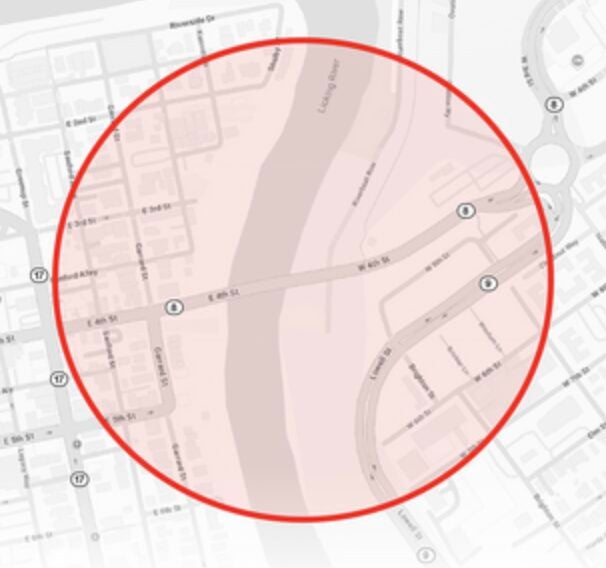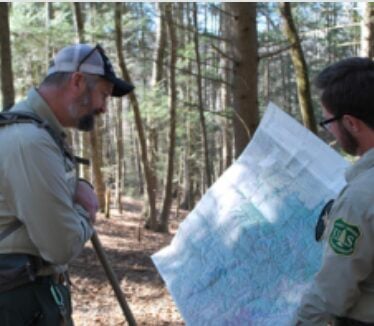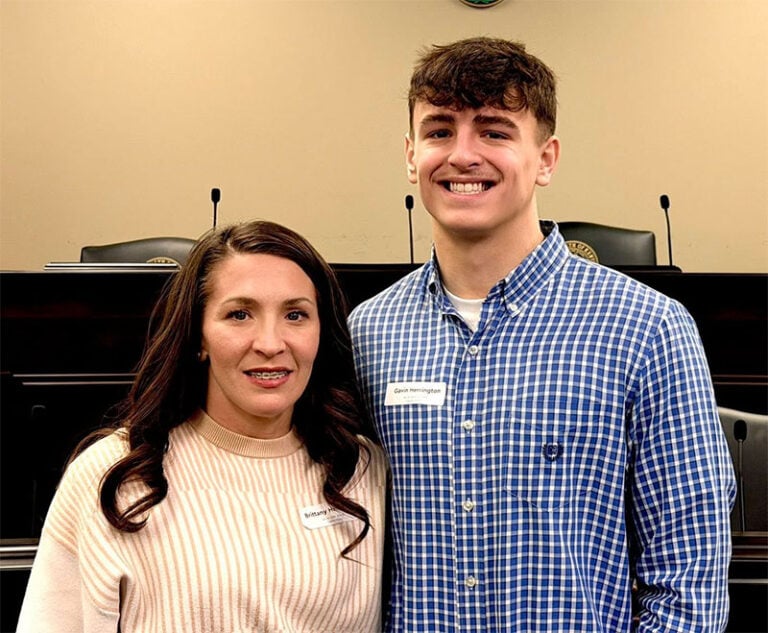By Bill Straub
NKyTribune reporter
WASHINGTON – Martha Layne Collins, Kentucky’s first and, thus far, only woman governor who died early Saturday morning at age 88, was the most reticent politician I ever covered in more than 40 years on the job. Always guarded, rarely forthcoming, she was more ice than fire during her long tenure in the public eye.
That trait is something than normally doesn’t serve a candidate or an office holder well. But it didn’t stop her winning elections or from leading a successful administration – with major caveats – from 1983 to 1987. And she will be lauded in history as the governor who brought Toyota to Kentucky.
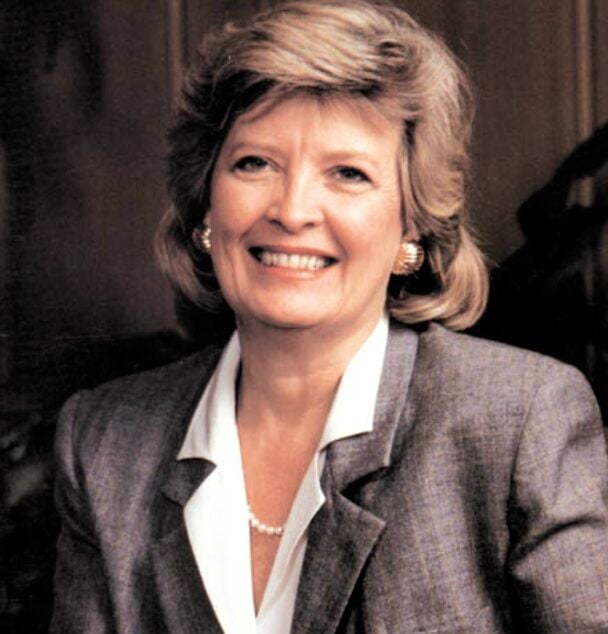
Collins’ restrained nature – she rarely exposed a sense of humor or the sort of backslapping that made traditional Kentucky politicians like A.B. “Happy’’ Chandler popular – can be partially attributed to what, in the latter part of the 20th Century, was the burden of a woman playing a man’s game. She was forever guarded, fearful of making a mistake that might come back to haunt her.
When her guard was up, which was often, it stayed up.
The façade dropped only on occasion. I recall during a campaign appearance in Owensboro during the 1983 Democratic gubernatorial primary, going off script to talk about her experiences helping out on her family’s burley crop, a subject that many past generations of Kentuckians could relate to. Otherwise, she was all business.
As a woman politician, Collins was forced to overcome barriers that men didn’t face. A small-town girl from the metropolis of Baghdad in Shelby County, she was a high school cheerleader and beauty queen, a background that easily could be exploited to portray her as unserious. She conquered that by being very serious and a straight arrow, overcoming assertions that she was neither sufficiently prepared nor capable of handling the duties of governor despite having served four years as lieutenant governor before taking the plunge.
Collins’ campaign, and her ensuing administration, are an interesting case study. She served as lieutenant governor, from 1979 to 1983, during the governorship of John Y. Brown Jr. This was during the odd time when the governor and lieutenant governor were elected separately. Had Brown had the ability to choose a running mate, there’s no way he would have settled on Martha Layne Collins. The two were direct opposites – the jet-setting Brown and the daughter of a Shelbyville funeral home director.
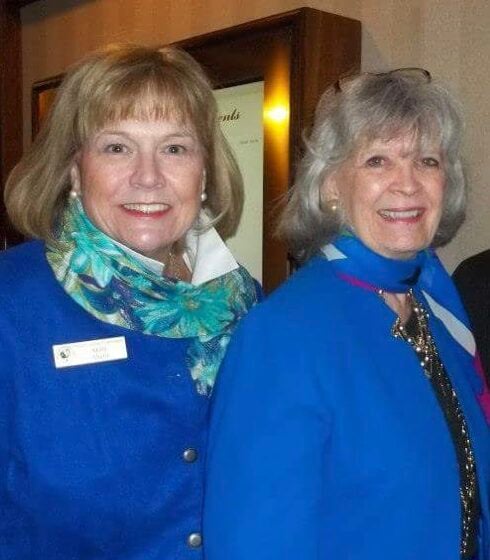
As a result, Brown paid Collins little heed during their four years in the capital and he was rather dismissive of her abilities to handle the top job. But Collins had ambitions and her husband, Dr. Bill Collins, a Perry County native, had ambitions for his wife even greater than hers. He created a formidable fund-raising team and in May 1983 she won the Democratic nomination by over 4,500 votes, besting Louisville Mayor Harvey Sloane and one time state Human Resources Secretary Grady Stumbo.
As was once de rigueur in Kentucky, Collins had an easier time in the general election against former major league pitcher Jim Bunning, who later went on to become a U.S. senator.
The administration’s beginning was, to say the least, rocky, the worst opening several months in memory. Her cabinet was dotted with Bill Collins’ pals who helped get her elected but proved more interested in their own well-being than her success.
Complicating matters was, as usual, the state budget situation. Collins initially indicated to the 1984 General Assembly that she favored a continuation budget. That was before she was faced with news of a substantial revenue shortfall. She called for a tax hike to compensate and, as a former school teacher, she wanted money to address education – an issue that you might think understandable since, at the time, Kentucky ranked at or near the bottom in the 50 states.
So, the 1984 legislative session proved pretty chaotic with Rep. Joe Clarke, D-Danville, chair of the House Appropriations and Revenue Committee, and Sen. Mike Maloney, D-Lexington, Clarke’s senate counterpart, writing the budget themselves. Collins got practically nothing of what she wanted and nobody was happy.
It should be noted that former Vice President Walter Mondale of Minnesota, the Democratic presidential nominee in 1984, for a time considered Collins for vice president despite he obvious difficulties in Frankfort. The job went to Rep. Geraldine Fererro, D-NY, saving Collins from serving on one of the most disastrous losses in presidential history.
Then there was the recession of the early 1980s. By tradition, it seems, Kentucky generally lags behind much of the rest of the nation in recovering from economic slowdowns. Collins became caught in that trap, with unemployment at one point reaching 12 percent. She tried to explain it away by saying disaffected workers added to the jobless numbers because her economic program had convinced them to return and seek employment. That fell apart when it was determined that fewer people were looking for work in the commonwealth than a year earlier.
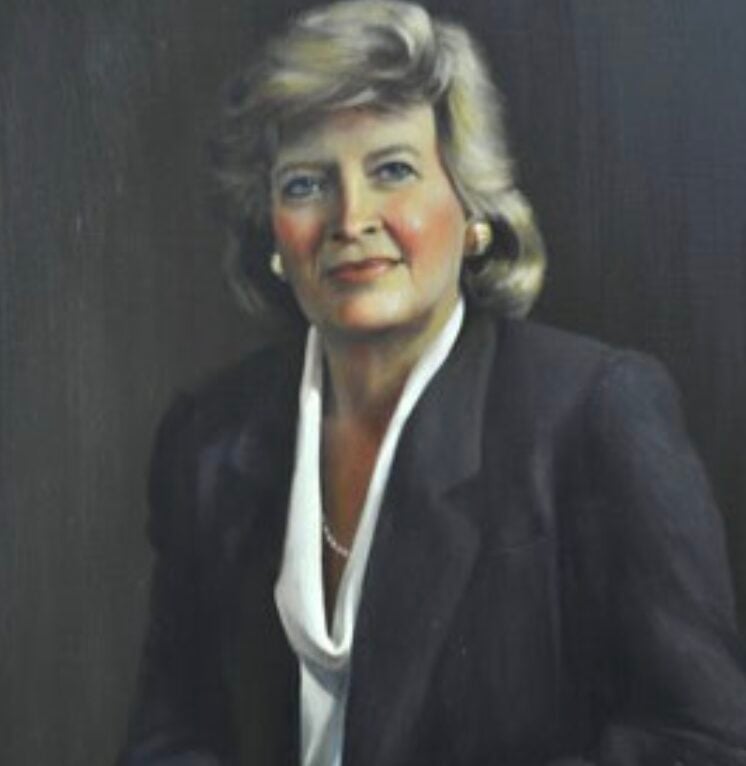
But she rallied. Big time. She cleared the dead wood in her cabinet and sought veteran administrators to replace them. Her first great success was education. In June 1985, with the support of folks like Rep. Roger Noe, D-Harlan, chair of the House Education Committee, Collins offered a reform package that, among other things, raised teacher salaries by 5 percent and cut classroom sizes. To fund the program she sought an increase in corporate taxes. It received legislative approval during a special session in July.
But the turning point was Toyota.
Realizing the Kentucky economy was dragging, Collins sought to create jobs in any way should could, specifically looking and travelling across both the Atlantic and Pacific seeking foreign investment. The home run came in 1986 when a substantial incentive package — $125 million — landed the first American production plant for the Japanese automobile giant Toyota in Georgetown. It meant thousands of jobs and millions of dollars in revenue. And other plants followed.
The decision came as the result of constant contact and negotiations, allowing Kentucky to beat out other states seeking the plant.
And there were other incentives. As Collins told my old pal, the late Mark Chellgren, the correspondent for the Associated Press at the time, “The Japanese just love that Maker’s Mark.’’
So, ultimately, the Collins administration achieved major success and praise from the lawmakers who once doubted her. But the tale has a sad ending. In 1992, Bill Collins, who was always in the background during her administration was indicted by a federal grand jury in Lexington on extortion and obstruction of justice related to fundraising activities and the awarding of state contracts. Martha Layne Collins professed ignorance about the activities. Collins was convicted and sentenced to five years in prison.
Collins led a relatively private life after her years in Frankfort, serving for a time as president of Saint Catharine College.
“She was a proud Kentuckian, and she will be greatly missed,” Gov. Andy Beshear said in a statement. “Kentucky, let’s remember to send up a thank you with our prayers as we remember a remarkable woman who made an undeniable difference in our state.”









